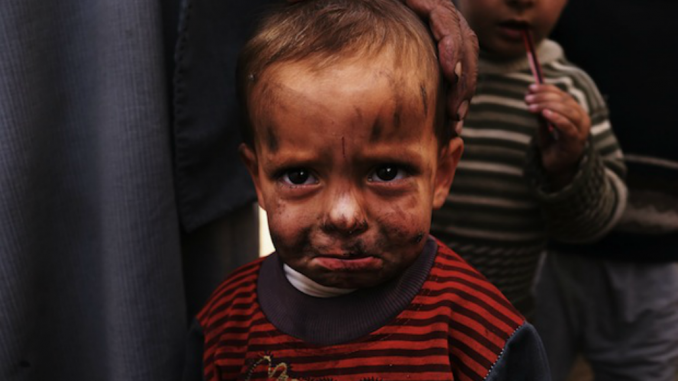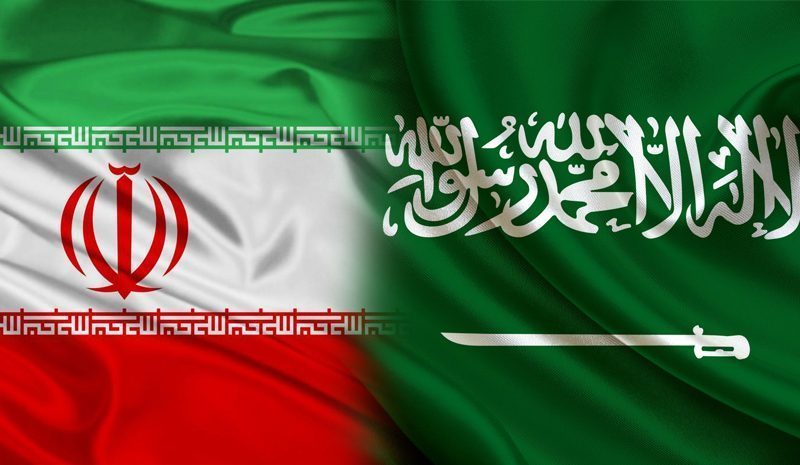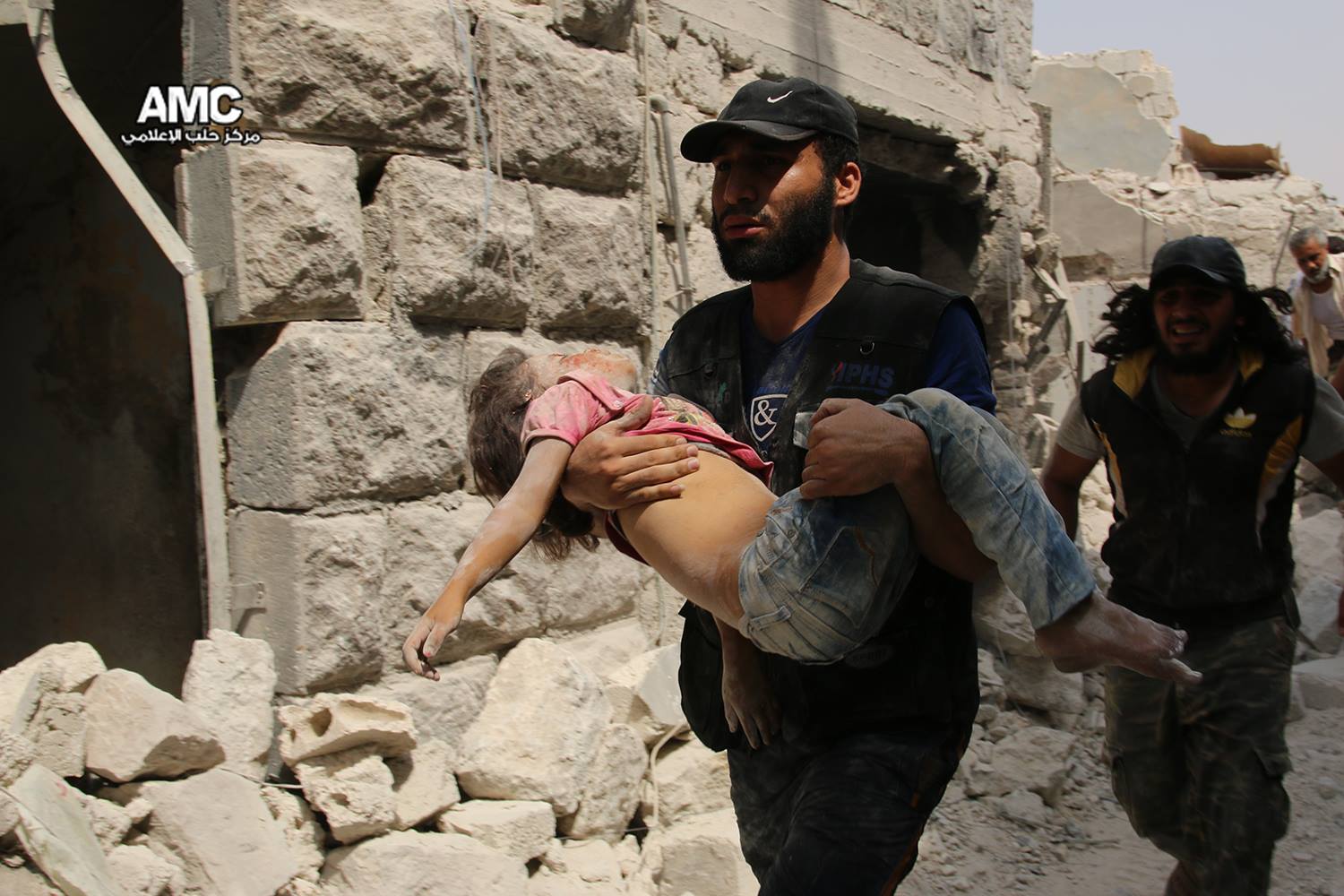
United Nations refugee agency on Sunday called on Gulf Arab states to give more to help Syrians displaced by six years of crisis, whose numbers exceeded five million and scattered around the globe, while the most vulnerable cases live in Syria’s neighboring countries.
The Syrian crisis began as a peaceful demonstration against the injustice in Syria. Assad regime used to fire power and violence against the civilians and led to armed resistance. 450.000 Syrians lost their lives in the past five years according to UN estimates, and more than 12 million have lost their homes.
The first three months of 2017 saw more than 250,000 additional Syrians register as refugees bringing the total to 5.1 million, the UN’s refugee agency UNHCR said on its website, without providing an explanation for the apparent surge.
“It’s not about the number, it’s about the people,” said UNHCR spokesman Babar Baloch, noting the conflict had now lasted longer than World War II. “We’re trying to look for understanding, solidarity and humanity.”
The five-million milestone came a year to the day after UNHCR asked other countries to start resettling at least 10 percent of the most vulnerable Syrian refugees. So far only 250,000 places have been offered.
“We’re asking for more legal pathways for Syrians to travel to other countries so that they don’t end up dying in the seas like in the Mediterranean,” said Baloch.
Scattered around the globe
The total number of Syrian refugees abroad stood at 4.6 million at the end of 2015 and rose to 4.85 million by the end of last year, according to the agency’s data.
The agency estimated another 6.3 million people have been internally displaced.
Turkey continues to host the highest number of Syrians displaced by the conflict – nearly three million people. It saw an increase of 47,000 more refugees since February, Baloch said.
Lebanon has more than one million Syrian refugees, while Jordan has 657,000, with others spread across Iraq, Egypt and other North African countries.
Reports from Lebanon’s Bekaa Valley said the actual number of Syrian refugees in Lebanon is much higher than the official figure, with more people streaming into the country in the last few weeks.
War-torn Iraq also hosts 233,224 Syrian refugees in the Kurdish north.
Hundreds of thousands of Syrians have also fled to Europe, but not all have been granted refugee status.
Syrians have also fled to Europe in large numbers, making 884,461 asylum claims between April 2011 and October 2016. Almost two-thirds of the claims were in Germany and Sweden.
Hundreds of thousands more live in Gulf countries that are not party to the 1951 Refugee Convention, such as Saudi Arabia, Qatar, and the United Arab Emirates, so they are not recorded as refugees.
A UN-led humanitarian appeal to help Syrian refugees and support host communities has received only six percent of the money needed this year – $298mn out of $4.6bn target.
Gulf countries’ duty
Speaking during a visit to Kuwait to sign a $10 million aid agreement for Syrian refugees in Iraq, Kelly T. Clements, deputy commissioner for the United Nations High Commision for Refugees (UNHCR), also said the U.N. body lamented the “sad” fact that the number of refugees fleeing Syria’s civil war had passed the 5 million mark.
“For us at UNHCR, we don’t celebrate these milestones. We in fact try not to bring a lot of attention to it because it is not a good story,” Clements told Reuters.
“It means basically that we haven’t seen a political solution to make it possible for people to go home safely and in dignity and voluntarily.”
Clements said that apart from the 5 million refugees, there were some 6.5 million people who had been displaced inside Syria, some of them moved on twice, three or four times.
“They are not able to support their families. They are in harm’s way in terms of mortar shells … They are not able to put their kids through school. Statistics we have show that a million-and-a-half kids inside Syria are out of school,” Clements said.
“So for us, it is a sad time to see the number exceeding 5 million people,” she added.
Speaking after she signed the aid agreement with the state-run Kuwait Fund for Arab Economic Development, Clement said that Kuwait was the sixth largest donor to UNHCR, providing some $360 million between 2013 and 2015.
“The other GCC countries have not managed to come anywhere close,” she added, referring to the six-nation Gulf Cooperation Council of mostly oil-rich Arab monarchies.
“We would like that to change. In fact the resources that we need in order to provide humanitarian support throughout the world, including places like South Sudan and Somalia or Myanmar, Bangladesh, we are only meeting less than half of our budget,” she told Reuters.
Is the Gulf really welcoming the Syrians or deporting them?
The GCC had not officially resettled a single Syrian refugee since the crisis began in 2011, despite thousands living there under various names.
Raed bin Khaled Grimly, the Saudi Ambassador to Rome, supported his country in a statement saying that as many as 500,000 Syrians are living in Saudi Arabia and benefitting from free healthcare and education via the country’s work residency program. Elsewhere, the government has claimed that it has taken in 2.5 million Syrians since the beginning of the conflict.
However, the Statistics did not reflect the actual number of refugees entering the country, and the real situation is something totally different.
The reason it’s difficult to establish just how many refugees are being hosted by countries in the GCC is because they do not officially recognize incoming asylum-seekers as refugees.
The problem is that being an official refugee and being a guest of a GCC work-sponsorship program are not one and the same. The most significant difference is that official refugees in countries that have agreed to the 1951 Refugee Convention are eligible to become citizens after a certain period of time.
In addition, under Saudi Arabia’s work sponsorship system, most migrants are not allowed to change jobs or exit the country without their employer’s permission—regardless of the working conditions or treatment to which they are subjected.
The Human Rights Watch organization has reported that it is not uncommon for migrant workers in Saudi Arabia to be suddenly rounded up and deported back to their home country without the opportunity for a hearing or to seek asylum.
The mass deportation of workers is considered to be a result of the region’s reported attempts to prioritize giving employment opportunities to their local citizens.
There is also widespread perception that Syrians wishing to seek refuge in the Gulf states are unlikely to be granted a visa in the first place.
The Saudi authorities declared recently that they will deport the so-called illegal immigrants, who became illegal after the authorities refused to renew their permissions despite that some of them have been working in the kingdom for years.
Among those five million are hundreds of thousands of Syrians, who are most likely to be deported to Sudan as no other country receive them without a visa.
Supporting refugee camps, is this what is needed?
To the GCC’s credit, their countries have been among the most generous contributors to Syrian refugee relief funding. The Saudi Embassy’s website noted in a press release that Saudi Arabia has contributed an estimated $700 million towards the cause.
But is monetary aid really what the displaced Syrian people need? Funding refugee camps to provide sanctuary to the Syrians has become an outdated and unsustainable project. People living in the refugee camps often live in overcrowded, dangerous, and unsanitary conditions.
The Arab states of the GCC are firm in their belief that they have done their part to alleviate the crisis, but they also must be able to understand that there is a reason the vast majority of Syrians prefer embarking on a dangerous trip across the Mediterranean to seek refuge, rather than traveling just 2,000 km to seek a work residency permit in a country like Saudi Arabia.
The Syrian people themselves have taken notice of the West’s efforts to accept refugees with open arms. The “Syrian Community in Denmark” Facebook page recently shared a video depicting migrants being allowed to cross into Austria from Hungary, which prompted one member to ask the question: “How did we flee from the region of our Muslim brethren, which should take more responsibility for us than a country they describe as infidels?”
The GCC must remember what these people are running from. These are innocent people who were forced to leave behind everything they knew because of the violence and uncertainty that threatened their families. They need more than just a temporary work permit that can be revoked at any moment. They need a true home—a stable environment where they can raise their families without fear of persecution or sudden relocation. The difference between a “refugee” and a “migrant worker” is more than just semantics.
While it’s unlikely that the Arab states of the GCC are going to change their stance on providing official asylum to those who seek it, we will always hold out hope that compassion for our fellow humans will prevail.



